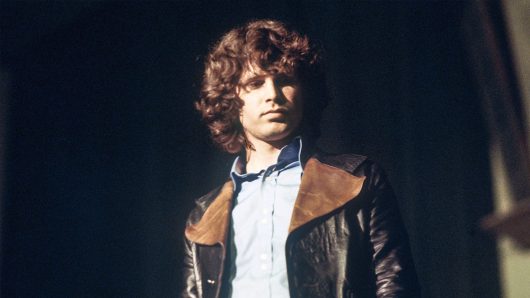Randy Newman is one of the greatest songwriters of our time. He started in the early 60s as a songsmith for hire before developing a unique voice of his own, writing whip-smart, fearless and hummable songs that cut to the core of society’s ills. Over the course of 11 solo albums and countless film soundtracks he has assembled a body of work like no other. Whittling it down to its finest moments is no easy task, but here is our attempt to distil such a wide-ranging discography into 20 of the best Randy Newman songs.
Listen to the best of Randy Newman here, and check out our best Randy Newman songs, below.
20: Simon Smith And The Amazing Dancing Bear (from ‘Sail Away’, 1972)
What better place to start looking at the best Randy Newman songs than with the one Newman himself credits as being the first song he felt was truly his own? The eureka moment came as he was struggling with the lyrics to a romantic song about a girl named Suzie, as he later told The Times: “I did the tune quick… but the lyric. I was thinking of a rhyme for ‘where’ and I came across ‘bear’.” Realising that nothing was stopping him from writing a song about a bear, Newman crafted new lyrics that dealt with cruelty and privilege. In Simon Smith And The Amazing Dancing Bear, Simon is a down-on-his-luck entertainer reduced to making his pet bear dance for the amusement of “well-fed faces”. Smith kids himself he’s doing it for glamour and fame (“They’ll love us, won’t they?”), and that the rich are accepting of him and his bear, but, in reality, he’s trapped in a cycle of cruelty (“They feed us, don’t they?”). The bleak and intelligent lyric is set to such a jaunty, hook-filled melody that it became a Top 5 UK for The Alan Price Set in 1967, and a highlight of Newman’s Sail Away album in 1972.




